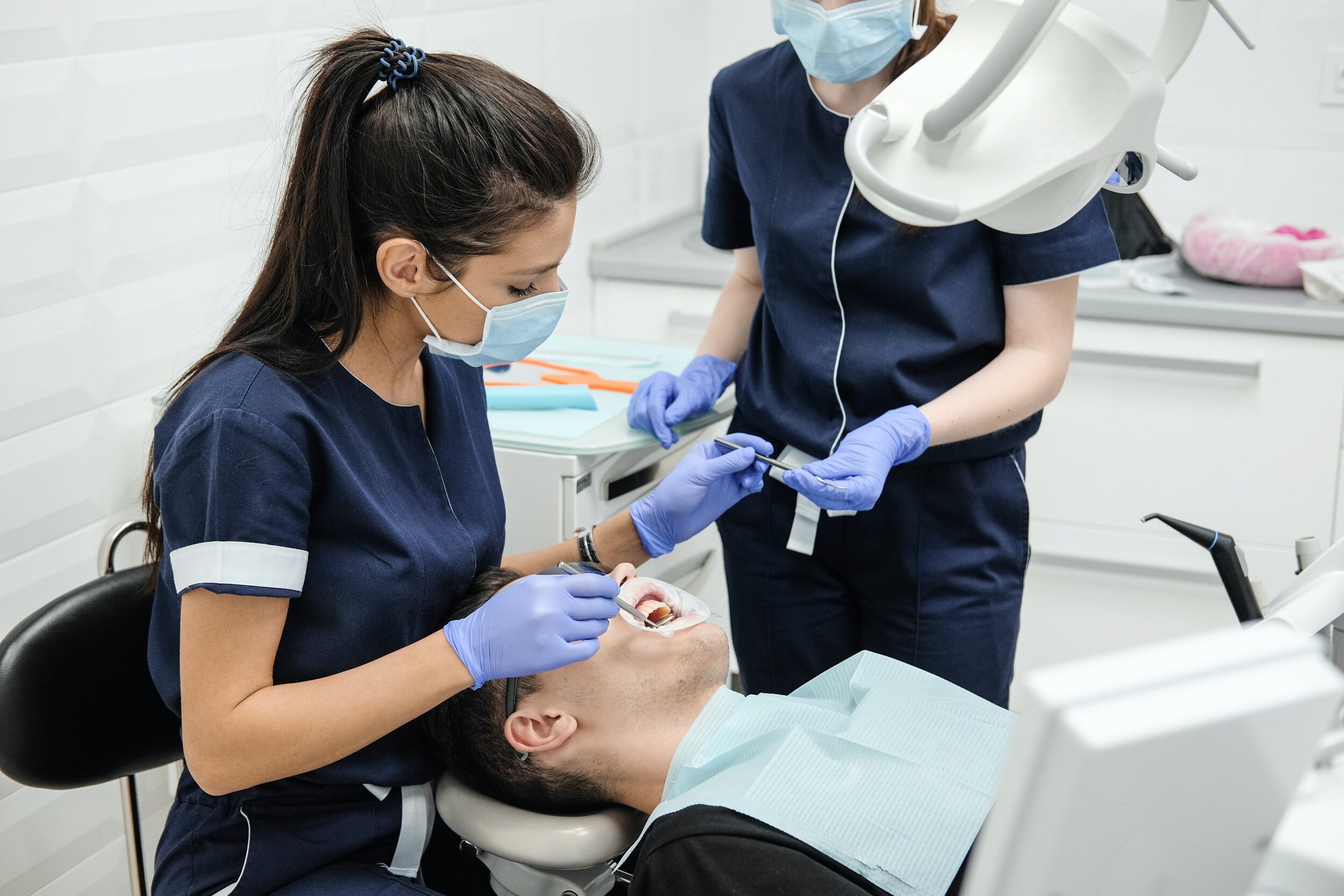Dental care often gets sidelined under the umbrella of overall health. But, the health of our teeth directly influences other parts of our body. We always forget how we use the mouth for eating, not to mention the often-overlooked fact that the mouth is not a separate entity but a part of our body. Ignoring daily oral health problems makes matters worse in the long run. However, people are becoming more conscious about oral hygiene with the pandemic, which is a major throwback in dental care.
Many dental procedures are now quickly done with improved technology than 20 years ago. However, as per the colorado school of public health, dental care is not easily accessible because of affordability issues. Though technology has made dentistry advanced, the cost associated with advancement is not feasible to all. Without much debate about the cost of dental care, McKinney TX dentist provides you with the most common dental issue, which affects many people every year, causing complications such as tooth decay, cavities, bone loss, and infections.
Wisdom Teeth
Wisdom teeth are known to describe a person's intellectual ability, though, without any scientific proof. Scientifically, wisdom teeth are the third molars and last set of teeth to surface from 17- to 21 years. As per anthropologists, wisdom teeth were of great help to our ancestors in chewing and biting raw meat and fibrous roots. However, with evolution, they do not offer much support now. But, there are almost 5 million cases related to wisdom teeth every year. Let's see why wisdom teeth removal becomes necessary.
WHEN DOES WISDOM TEETH REMOVAL BECOME NECESSARY?
Wisdom teeth are not as polite as the name sounds. During the development phase, they often cause complexities when there isn't enough space, causing harm to nearby molars. In some cases, wisdom teeth may find enough space to emerge and may not require professional help. But, if you experience these symptoms, you need medical help:
Swelling in gums
Bleeding in gums
Pain in Jaw
Swelling in jaw
Difficulty in opening your mouth
Frequent foul smell
Ignoring these early signs poses a risk of persistent infections due to overcrowding in the area. They may even develop into cysts resulting in a tumor causing harm to other overall health of your mouth.
HOW ARE WISDOM TEETH REMOVED ?
Removing a wisdom tooth may not be necessary if enough space is available for wisdom teeth to erupt. So, first, your doctor will examine and, after the x-ray report, will decide the magnitude of impact keeping the wisdom tooth will cause. If the effect isn't much, you do not need surgery, but otherwise, you may need to go through one.
Removal Procedure
The removal procedure is simple, and you need not worry because your doctor will keep your health at the topmost priority. The doctor may also provide you with a list of precautions before the surgery, like which food items you can consume, brushing, flossing, etc. The oral surgeon will administer anesthesia to remove the tissue and then partially or wholly remove the tooth for the removal process. The surgery, no doubt, is a simple procedure but poses some potential risks like nerve irritation, sinus, infection, etc. thus, proper post-surgery care is required to heal properly.
WHY IS WISDOM TEETH REMOVAL IMPORTANT ?
As said earlier, removal is not always necessary; the magnitude of impact decides if surgery is required. Because in some cases, even antibiotics can help ease the pain. Removing them saves you from future discomfort of tooth decay, bone loss, periodontal disease, etc. If wisdom teeth pose some potential risks, you must remove them as early as possible before roots get more condensed.
HOW TO CARE AFTER THE SURGERY ?
This surgery involves stitches that may or may not be dissolvable. Usually, doctors use dissolvable stitches, which take around 7-10 days to dissolve completely. After the surgery, you need to follow the instructions your doctor advises you. These are a few simple tips you can add:
Avoid rinsing too vigorously
Avoid using a brush with stiff bristles
Avoid consuming alcohol-based products
Avoid smoking
Avoid eating hard substances like nuts
While these sound like general tips, they must be strictly adhered to for healing completely. Healing may take a while, depending on the extraction process. In general, you can expect minor swelling and bleeding in the mouth for the first few days, along with the pain. Your dentist will instruct you regarding pain-relieving medicines, food, and drinks to avoid opening up stitches and irritation.
Key Takeaway
Wisdom tooth extraction is a general procedure with some post-removal instructions. Let your teeth heal, and you're all set to smile again. Healthy teeth give you a pleasing smile, and for your and your family's smile, we at McKinney will care for your teeth.
At McKinney, we offer services for your whole family in the most comfortable, stress-free, and effective way. We welcome our patients with a smile because there is already enough stress on their teeth and mind. From many services that we offer, some are- all on four implants, Teeth whitening, Invisalign, Cosmetic dentistry, Pediatric dentistry, Sedation dentistry, Endodontic treatment, etc.
Conclusion
Dental care is as important as the overall well-being of a person. It is best not to ignore your oral health. For more information on teeth and gum health, visit our website.




